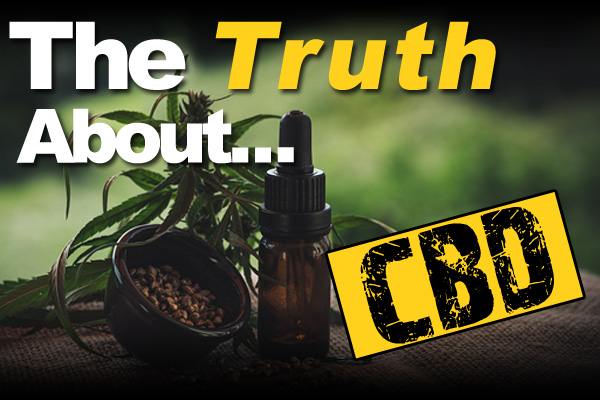Table of Contents
The Benefits of CBD
CBD (or cannabidiol) is a non-psychotropic compound found in the
Hemp plants. It is reported to help a long list of ailments, which can vary from person to person. Reported Best CBD Oil UK reported CBD benefits include providing relief for conditions such as:
● Anxiety
- Pain
- Arthritis
- Drug cravings
- Convulsions
- Inflammation
- Sleep conditions
We’re still scratching the surface of the true science behind it, but anecdotally, people are touting the medicinal-like compound with many benefits. They’re using it in oral drops to relax, in lotions to calm muscles, and in concentrated pill form to quell out-of-balance nerves.
Co-founder of Truth Naturals, Dr Harrison Weisinger, says ‘a research study published by Corroon and Phillips in 20184 found that two-thirds of all CBD users do so to treat a specific medical condition – and of these,
one-third use it for chronic pain, arthritis or both. The vast majority of users further volunteered that CBD worked very well, or moderately well, on its own. We are still coming to understand the science behind how CBD exerts its beneficial effects but what is known is that it acts on the central nervous system by targeting receptors in the so-called endocannabinoid system
(ECS).’
In terms of science and research, CBD is also being tested to treat chronic conditions, including epilepsy (which has the FDA stamp of approval), PTSD, fibromyalgia, endometriosis, Parkinson’s, and MS.
How Does CBD Work?
CBD impacts the endocannabinoid system – a system we still don’t fully understand. We know it’s part of your neurotransmitter system, which is
what allows your nerves to communicate and work efficiently. That means the endocannabinoid system has a part in making sure your brain cells are working correctly, and it’s activated by CBD.
“CBD boosts your own natural cannabinoids, which improves your mood and overall wellbeing,” says Michele Ross, a neuroscientist and cannabis activist
“Because this system regulates everything—down to your dopamine levels—if it isn’t working, nothing is working. If you don’t know why you feel run-down all the time, despite feeling healthy and exercising, you might have an endocannabinoid deficiency.”

What Does CBD Feel Like?
CBD often doesn’t feel like anything, since there is little or no THC present which would give you the psychoactive ‘high’. But for those who do say they can feel something, the most common reports are a kind of relaxed
feeling—not a woozy, dizzy feeling. Just calm and alert.
Another nice thing is that it’s not such a huge feeling that you notice it when it metabolises away, like you would with caffeine, for example.
The thing most people are coming to realise is that what we’ve previously been taught about cannabis and its derivatives like CBD oil uk are wrong. It’s actually designed to work with the human body. We stress our bodies out constantly and they’re trying to cope with it all. CBD can help put it back into balance. You start to feel better—calmer, a lessened inflammatory
response, less neuropathic pain, and a calmer nervous system.
Will CBD Cause a Failed Drug Test?
For the most part, people think even the littlest of THC, the psychoactive compound found in hemp, will not show up on a drug test, however as true this can be, there are certain exceptions.
A common reason why people using CBD fail drug tests is because of
mislabelled products and not as advertised as and as such contain a trace amount of THC. To ensure that you remain clean on a drug test, it is
recommended that only high-quality CBD products from trusted manufacturers such as Truth Naturals, best cbd oil uk.
When Should I Take CBD?
There’s no perfect time of day to take CBD, as many people find they react differently to it depending on the time of day they take it. And as you begin to incorporate it into your daily routine, you might notice its effects suit you better at certain times than others.
Some report awakening effects, so taking CBD first thing in the morning is better. Others prefer to take it at lunch or in the early afternoon when their energy levels start to drop. Meanwhile, others say they feel relaxed after taking CBD and prefer to take it in the evenings or just before bed.
Although it might sound strange or counter-intuitive, CBD can be used to help relieve insomnia, too. The bottom line is: trial is key. If you find that CBD has awakening effects in the evening or makes you drowsy in the morning, simply adjust the time you take it.

